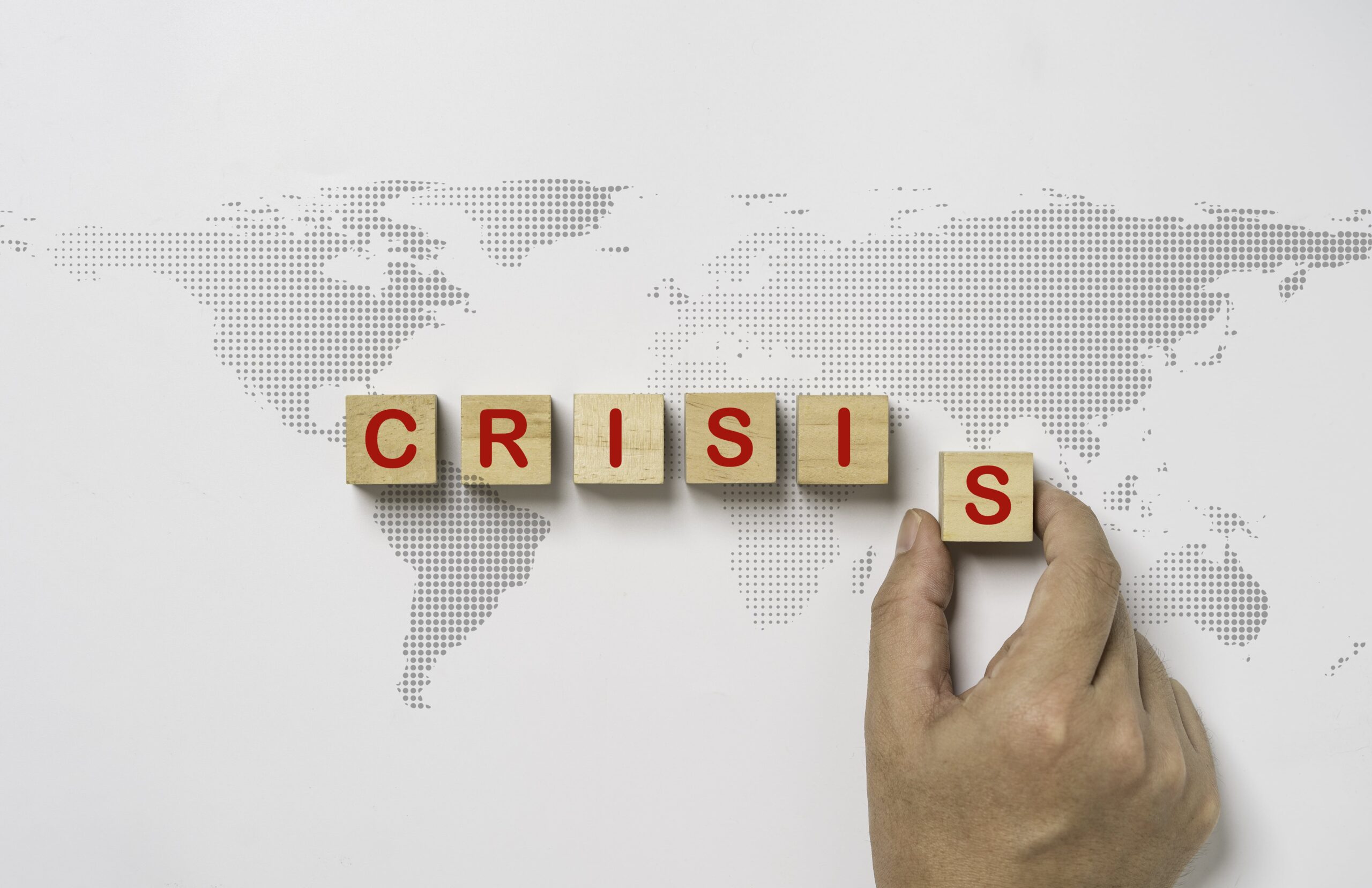Our first article explores the significance of the first day after an incident arises. Let’s explore some top tips brands can leverage in the early stage of a crisis.
Create a tracking dashboard
As soon as a crisis happens, having a tracker that monitors online narratives by key influencers, journalists, or industry insiders will help your brand understand the overall landscape.
Constant observation of narratives gives business leaders insights into the negative angles that could harm their companies and the engagement rates or reactions generated by such news. This enables businesses to determine whether to respond to a certain narrative.
For example, a PR Week Crisis Communication Conference panel mentioned a food producer in Chicago who wanted to correct negative coverage. However, its media monitor revealed that the story was not covered by major outlets or widely featured across social media channels. This signaled the company to avoid giving comments on the piece.
Armed with monitored insights, brands can keep abreast of a crisis’ development, making room for proactive measurements and optimal resource utilization.
Gain control of the dialogue from the outset
Within the first hour of a crisis, ensure an initial statement about the incident and measures taken is issued to the media and your stakeholders. In this pressing situation, employees in close contact with consumers, suppliers, investors, or government officers should be informed of the essential protocol, e.g., what can or cannot be said or where to direct enquiries.
With an early statement and internal protocol in place, you will likely prevent unauthorised leaks and act as the main source of information as the crisis unfolds. Gaining control of the narrative would also heighten chances of gaining favourable reactions to your messages and prevent unauthorised leaks.
Assign the right spokesperson at the onset of a crisis
Your representative doesn’t necessarily have to be the CEO or founder, as spokespersons are selected based on different types of incidents.
If a crisis breaks out due to a commercial campaign, a Senior Vice President or President of Marketing who is comfortable with media engagement should be part of the crisis response team. Their expertise lends credibility to your immediate explanation and measures to mitigate the situation.
An assigned spokesperson with the authority on an incident should be able to correct rumours and avoid “no comment” remarks. This ensures stakeholders receive factually correct information and prevents public confidence from further eroding.
While investing in proper crisis preparation may seem resource-intensive, PwC suggests that this can deliver meaningful results for corporate resilience, as 93% of businesses expect to experience a crisis in the future.
At Midas PR, we are experts in crisis communications and can help you develop strategies that reinforce positive perceptions and protect your brand through timely and diplomatic crisis responses. If you want immediate access to consultancy in the first moment of a crisis, contact us via email or visit www.midas-pr.com. Our English-speaking consultant is also available 24/7 at +66 86 044 2145.


